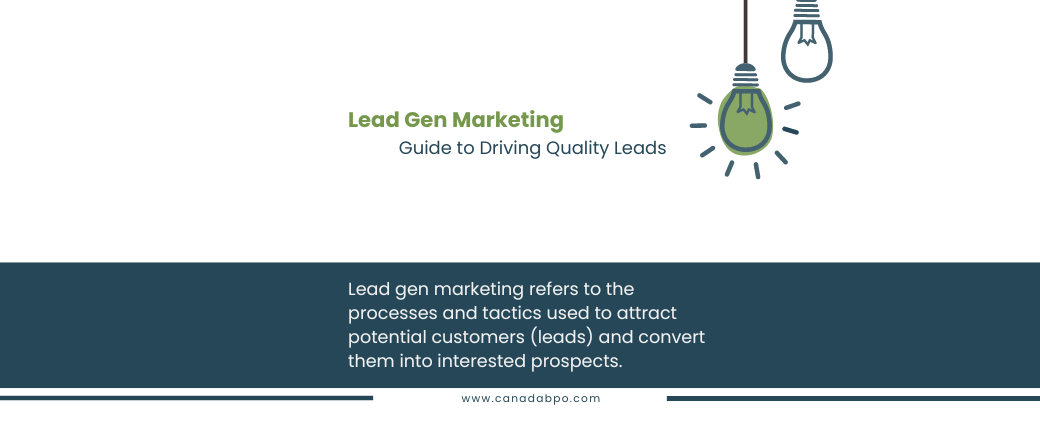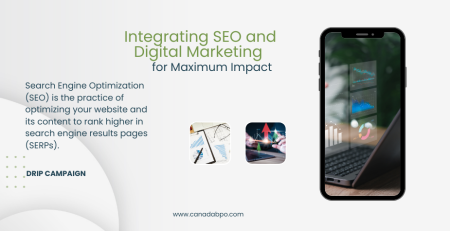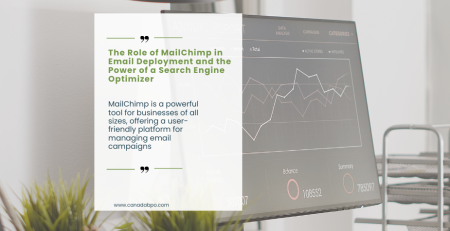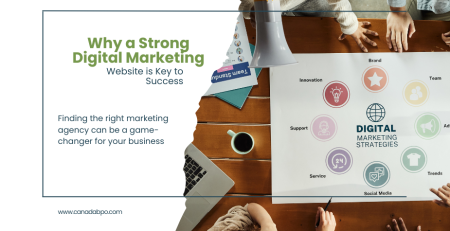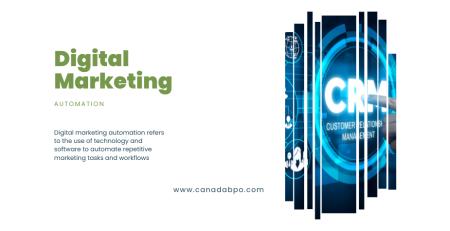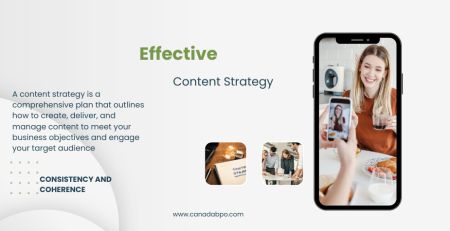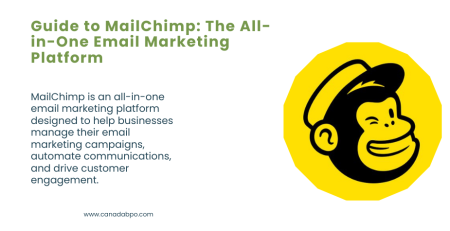Lead generation (lead gen) marketing is essential for any business looking to grow its customer base and increase revenue. This blog post will explore what lead gen marketing is, why it’s critical for business success, and how to create a winning lead gen marketing strategy.
What is Lead Gen Marketing?
This section defines lead gen marketing and its role in the overall marketing strategy:
- Definition:
Lead gen marketing refers to the processes and tactics used to attract potential customers (leads) and convert them into interested prospects. It involves generating interest in your products or services, capturing contact information, and nurturing leads through the sales funnel. - Why is Lead Gen Marketing Important?
- Growth Driver: Lead gen marketing fuels the sales pipeline, ensuring a steady stream of potential customers.
- Targeted Outreach: It allows businesses to focus on specific demographics or market segments that are most likely to convert.
- Relationship Building: By nurturing leads, businesses build trust and establish themselves as valuable resources in the minds of prospects.
Key Components of a Lead Gen Marketing Strategy
This section highlights the essential elements needed to develop a successful lead gen marketing strategy:
- Target Audience Identification:
- Importance: Understanding who your ideal customers are helps tailor your marketing efforts to attract the right leads.
- Best Practices: Creating detailed buyer personas that outline demographics, pain points, and motivations.
- Lead Magnets:
- Importance: Lead magnets are valuable offers (e.g., free trials, eBooks, webinars) that entice potential customers to provide their contact information.
- Best Practices: Offering high-value content that addresses specific pain points and positions your brand as a solution.
- Landing Pages and Forms:
- Importance: These capture lead information in exchange for access to your lead magnet or offer.
- Best Practices: Optimizing landing pages with clear CTAs (Call to Actions), minimal distractions, and user-friendly forms.
- Content Marketing:
- Importance: Content drives traffic and builds trust with potential leads by providing value.
- Best Practices: Creating blog posts, videos, case studies, and infographics that educate and engage your target audience.
- Email Marketing:
- Importance: Email is a powerful tool for nurturing leads by delivering personalized content and offers.
- Best Practices: Using automated email sequences to guide leads through the sales funnel, and segmenting your list for targeted messaging.
- Social Media Marketing:
- Importance: Social media platforms help promote your lead magnets, engage with potential leads, and drive traffic to your landing pages.
- Best Practices: Running targeted ad campaigns and posting valuable content that resonates with your audience.
Top Lead Gen Marketing Tactics
This section explores popular lead gen marketing tactics and how to use them effectively:
- Content Upgrades:
- Definition: Offering additional, valuable content in exchange for lead information (e.g., PDF downloads or exclusive access).
- Use Case: Increasing lead capture rates by providing relevant content tied to your audience’s interests.
- PPC Advertising:
- Definition: Paid ads on platforms like Google Ads and Facebook that drive targeted traffic to your landing pages.
- Use Case: Reaching a broader audience with specific targeting options to attract qualified leads.
- Webinars and Online Events:
- Definition: Hosting online educational events that offer value to attendees in exchange for their contact information.
- Use Case: Building authority in your industry and generating leads who are interested in your expertise.
- Referral Programs:
- Definition: Encouraging existing customers to refer new leads in exchange for incentives or rewards.
- Use Case: Tapping into your existing customer base to generate new leads with a high likelihood of conversion.
- SEO and Organic Search Traffic:
- Definition: Optimizing your website and content for search engines to attract organic traffic.
- Use Case: Driving consistent, long-term traffic to your website that can be converted into leads.
Measuring the Success of Your Lead Gen Marketing Efforts
Tracking and analyzing the performance of your lead gen marketing is crucial for ongoing success. This section discusses:
- Key Metrics to Track:
- Lead Conversion Rate: The percentage of visitors who become leads.
- Cost Per Lead (CPL): The average cost of acquiring a lead.
- Lead Quality: Evaluating the readiness and relevance of leads.
- Tools for Measurement:
- Google Analytics: Tracking web traffic and lead conversions.
- CRM Software: Managing and monitoring leads throughout the sales funnel.
- Marketing Automation Platforms: Streamlining lead nurturing and tracking engagement.
- Optimization Techniques:
- A/B Testing: Testing different elements of your campaigns to find what works best.
- Continuous Improvement: Regularly refining your strategy based on performance data to improve results.
Best Practices for Effective Lead Gen Marketing
To ensure your lead gen marketing efforts are successful, consider these best practices:
- Consistency is Key: Regularly creating and sharing valuable content to keep leads engaged.
- Personalization Matters: Tailoring your messaging to specific audience segments for a more personalized experience.
- Automation Saves Time: Leveraging automation tools to streamline lead nurturing and focus on high-impact activities.
- Adaptability is Crucial: Continuously adapting your strategy based on the changing needs of your audience and the market.
Lead gen marketing is a vital component of business growth, helping you attract and convert high-quality leads. By implementing the right strategy and using effective tactics, you can build a robust lead gen engine that fuels your sales pipeline and drives success.
Ready to elevate your lead gen marketing efforts? Contact us today to learn how we can help you create a strategy that generates quality leads and drives results for your business.
